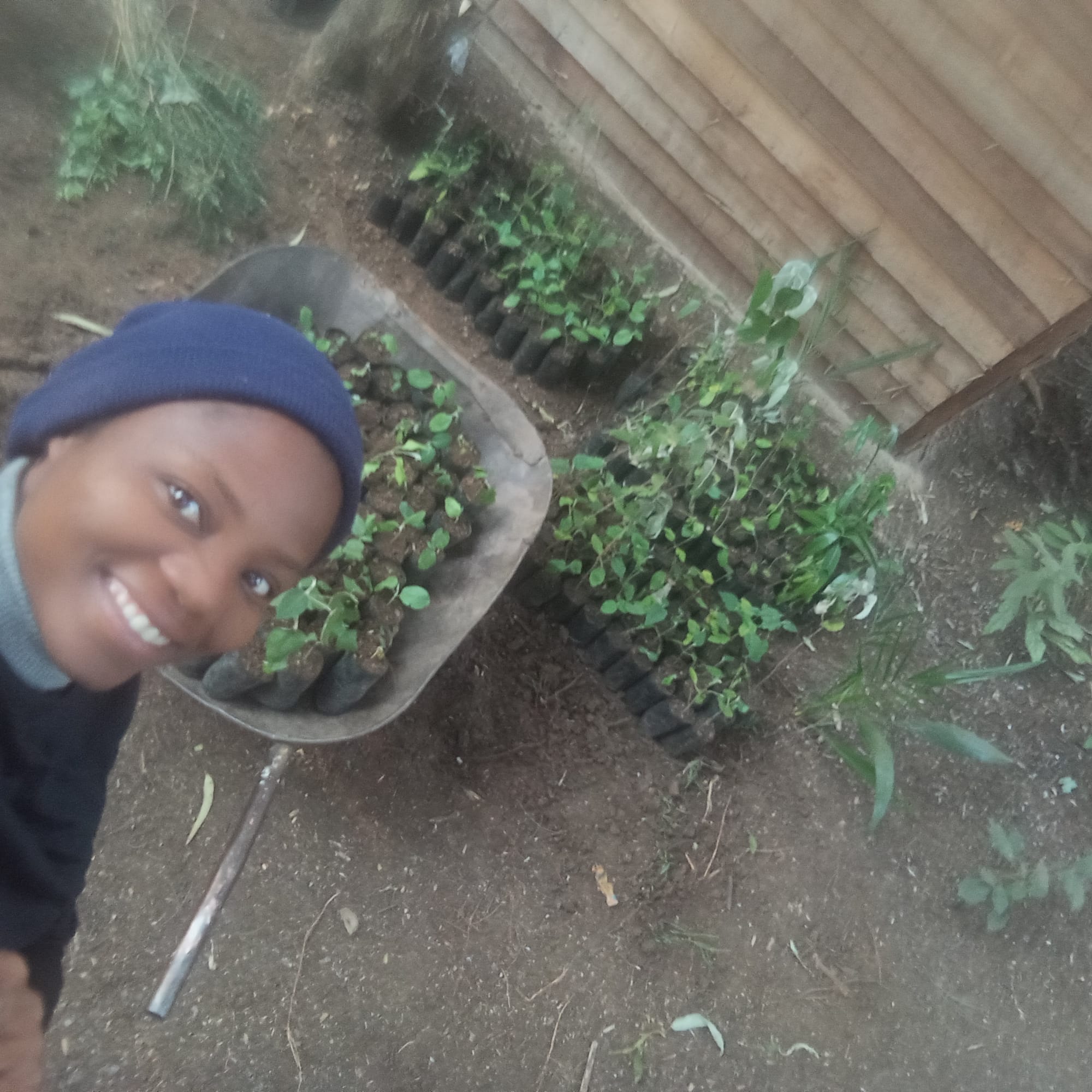Healing Land, Uplifting Youth (One Person, One Hectare at a Time)

CHALLENGES TO THE SOLUTION PROPOSED
Zimbabwe's vulnerable communities continue to experience water, nutrition and food insecurity coupled with ecological degradation. On the other hand, social ills like unemployment, drug/substance abuse, theft, poverty, broken families continue to also escalate especially in high density suburbs and remote rural communities. The proposed project therefore exists to restore degraded land through agroforestry and create employment through youth and women-led tree/herb nurseries, green skills training, ecological and climate education rooted in eco-spirituality and inter-generational learning. This will promote ecoconscious livelihoods and sustainable living rooted in dignity, intergenerational solidarity, care for creation and resilience.
EXPECTED PROJECT IMPACT
This project will enhance biodiversity, combat desertification; improve food and nutrition security and climate resilience. Youth will gain green skills and livelihood opportunities, thus promoting self-reliance/ employment creation and restoring dignity. Community members and institutions will access herbal and fruit seedlings, compost and urban household gardening services - inspiring healthy, thriving communities living in harmony with nature. Eventually, this project will turn into a School of Life for lifelong learning purposes where more youth, schools, faith groups and local communities can gain practical-based education that promote community integration and ownership, sustainable livelihoods and resilient future.
Project Status:
Ongoing using locally available resources. I welcome interested parties to collaborate with us for resource mobilisation and capacity building to upscale the work. Interested supporters can schedule a day for an onsite visit.